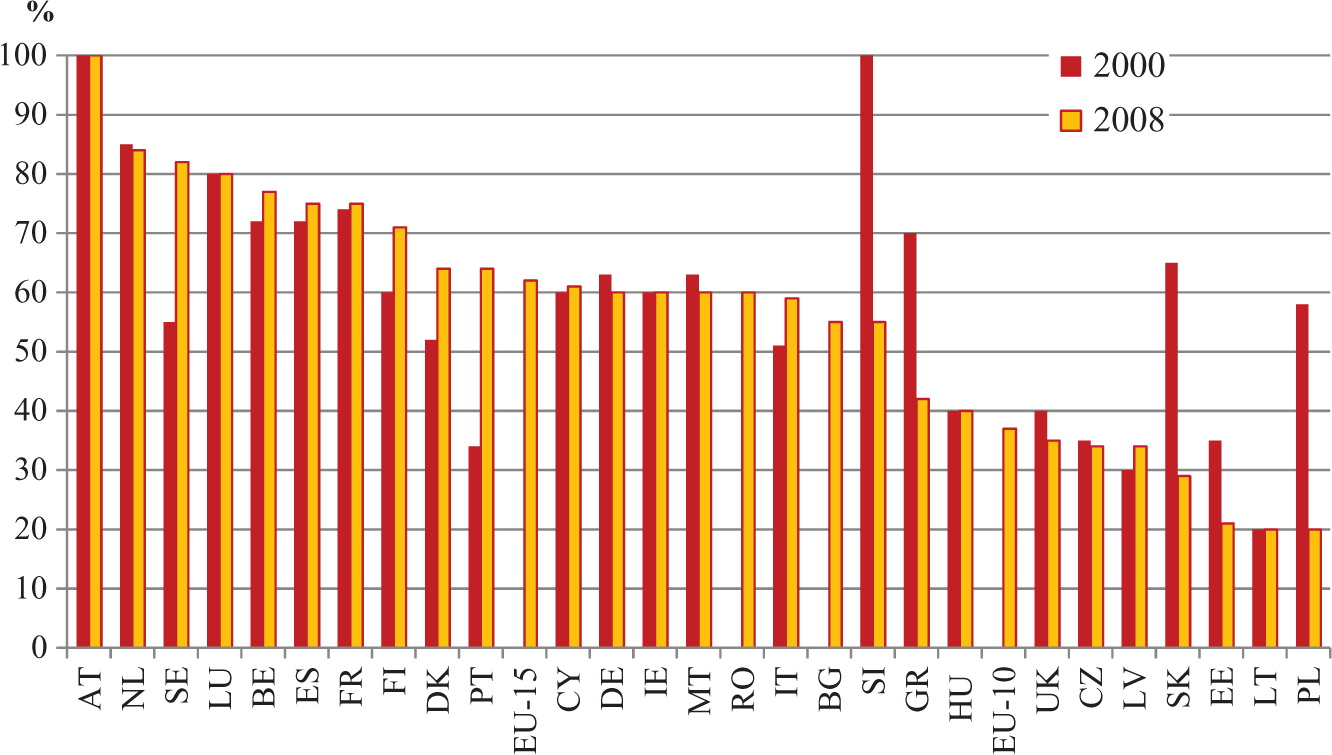
The Stakes Have Never Been Higher For Businesses And Citizens Alike In Central And Eastern Europe.

In a dramatic turn of events, the Central and Eastern European (CEE) region finds itself at a critical juncture as the
European Union prepares for a pivotal tariff vote that could have far-reaching economic implications. The
impending decision has triggered a wave of uncertainty, leaving businesses, policymakers, and citizens anxious
about the potential fallout.
The EU’s proposed tariff changes aim to address ongoing trade imbalances and protect local industries. However,
these measures have sparked fierce debates among member states, particularly those in the CEE region, which
heavily relies on exports. Countries such as Poland, Hungary, and the Czech Republic are bracing for potential
repercussions that could reverberate throughout their economies.
At the heart of the debate is the concern that new tariffs could hinder trade relationships with key partners, including
non-EU countries. Many CEE nations have built their economies around exports, making them vulnerable to shifts
in trade policies. The prospect of increased tariffs threatens to drive up costs for businesses and consumers alike,
potentially leading to inflationary pressures that could stifle growth.
Economic analysts are closely monitoring the situation, with some warning that the tariffs could trigger a domino
effect across the region. If implemented, these tariffs may lead to retaliatory measures from affected countries,
further escalating tensions and disrupting established supply chains. The fear is that what begins as a policy
adjustment could devolve into a full-blown trade war, leaving CEE nations scrambling to mitigate the fallout.
Local businesses are already feeling the pinch, with many expressing frustration over the lack of clarity surrounding
the proposed changes. Small and medium-sized enterprises, which often lack the resources to adapt quickly, are
particularly concerned about the potential loss of competitive advantage. Industry leaders have urged the EU to
consider the unique economic landscapes of CEE countries before making any sweeping decisions.
Moreover, the timing of the vote adds to the uncertainty. With the global economy still recovering from the effects of
the pandemic, any disruption could have lasting implications. European markets are already on edge, reacting to
fluctuating inflation rates and supply chain disruptions. A significant shift in trade policy could exacerbate these
challenges, leading to a broader economic downturn.
Public sentiment is also shifting as citizens become increasingly aware of the potential impact of the tariff vote.
Protests have erupted in several CEE cities, with citizens demanding that their governments prioritize job security
and economic stability over political maneuvering. The message is clear: people are worried about their livelihoods
and the future of their communities.
As the vote approaches, European leaders are under immense pressure to find common ground. The stakes are high,
and the repercussions of their decision will be felt far beyond the boardrooms of Brussels. The challenge lies in
balancing the needs of local industries with the overarching goal of a united Europe. The hope is that a compromise
can be reached that supports economic growth without sacrificing the integrity of trade relationships.
In the coming days, all eyes will be on the EU as it prepares to cast its vote. The outcome will not only determine the
future of tariffs but could also redefine the economic landscape of the CEE region for years to come. As uncertainty
looms, one thing is certain: the stakes have never been higher for businesses and citizens alike in Central and Eastern
Europe.







